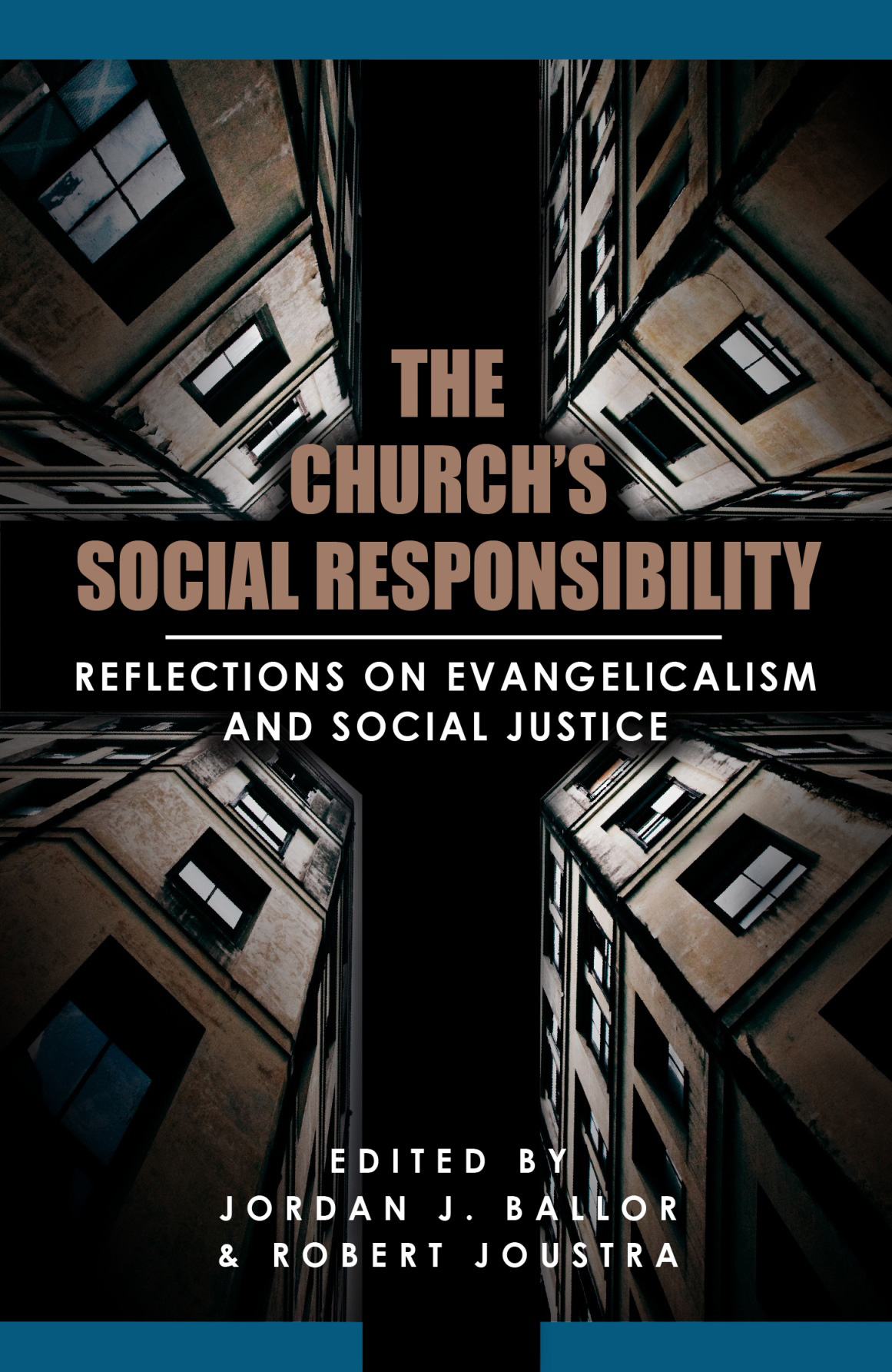 After years of rejecting or downplaying so-called “organized religion,” evangelicals are beginning to appreciate the church not only as organism, but as institution.
After years of rejecting or downplaying so-called “organized religion,” evangelicals are beginning to appreciate the church not only as organism, but as institution.
As Robert Joustra explains at Capital Commentary, a “minor renaissance in thinking” is taking place, wherein the church is viewed “not as a gathering of hierarchy-allergic spiritualists” but as “a brick and mortar institution, something with tradition, and weight, and history.” Evangelicals are beginning to see view it not as a “catchphrase and metaphor for likeminded people who love Jesus,” Joustra continues, but “as an inheritance, as spiritual and cultural lifeblood, as common practice and belief, as community.”
Once that view is regained and restored, another question begins to demand a bit more attention. If the church is, indeed, an institution, what social responsibility does it bear? Historically, it has started schools, hospitals, charities, and a range of other associations. It has spoken out on injustice, launched and inspired political movements, and influenced public policy.
What, then, is its proper institutional role in today’s social context?
Such questions are explored at length in the forthcoming book, The Church’s Social Responsibility: Reflections on Evangelicalism and Social Justice, a collection of essays edited by Joustra and Jordan Ballor. (Contributing authors include Vincent Bacote, Carl F.H. Henry, David T. Koyzis, and Richard J. Mouw.)
Though the book does consider certain “practical” effects of the church’s institutional witness, its primary goal is to ponder the “theological argument for what and how the Church should speak.”
As Joustra explains:
Rediscovering institutions is great, but the real work is not merely loving institutions, but — as Jonathan Chaplin has put it — loving faithful institutions. Habits make virtue and institutions make change, but habits also make vice, and institutions can also produce profound and perverse pathology…
It is the theology, then, in the full and unapologetic meaning of the term, of the Church, of its voice and social responsibility that we’re after. We may neglect it and still seize cultural power, but that power will be meaningless, a chasing after the wind.
These are some of the questions we raise in the book: should churches as institutes and denominations speak about abortion, or is that issue so pragmatically unpopular that we would be prudent to stay silent and work on issues that will get more traction? Why abortion but not immigration, or should it be both? Should churches as institutes speak on specific policies, or do we risk turning church offices into second-rate think tanks staffed with pastors instead of informed pundits and policy makers? (Stephanie Summers writes about this in her chapter on churches and think tanks.) Should we speak on principle but default on policy? Both on issues and on strategy a more protracted theological conversation is essential if we are to make sense of where the roles and responsibilities of the Church as an institute, and the Church as organism, begin and end.
As evangelicals further discover (or rediscover) what it means to not only believe together, but bear witness as “spiritual and cultural lifeblood,” this is a timely resource indeed.
Pre-order the book here and add it to your Goodreads bookshelf.

